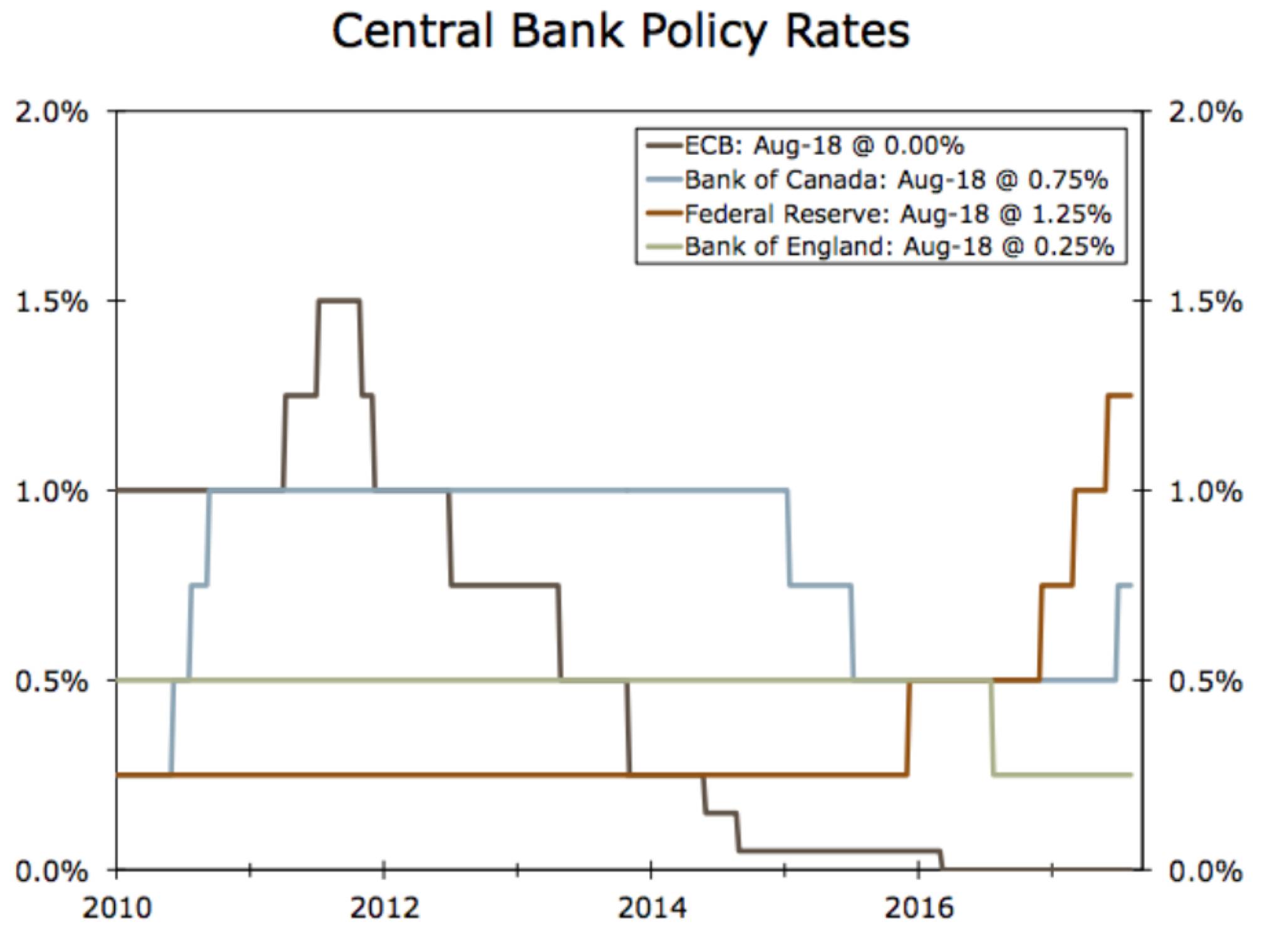### What is a Bank Statement Loan? Understanding Its Benefits and Requirements
#### What is a Bank Statement Loan?A bank statement loan is a type of financing option that allows borrowers to qualify for a mortgage based on their bank s……
#### What is a Bank Statement Loan?
A bank statement loan is a type of financing option that allows borrowers to qualify for a mortgage based on their bank statements rather than traditional documentation like W-2s or tax returns. This type of loan is particularly advantageous for self-employed individuals or those with non-traditional income sources who may find it challenging to provide standard proof of income.
#### Benefits of a Bank Statement Loan
1. **Flexibility in Income Verification**: One of the main advantages of a bank statement loan is the flexibility it offers in income verification. Borrowers can use their personal or business bank statements to demonstrate their income. Typically, lenders will look at 12 to 24 months of bank statements to assess the borrower’s cash flow.
2. **Ideal for Self-Employed Borrowers**: Many self-employed individuals face difficulties when applying for traditional loans due to fluctuating incomes or write-offs that lower their taxable income. A bank statement loan allows them to showcase their actual earnings, making it easier to qualify for a mortgage.

3. **Faster Processing Times**: Since bank statement loans require less documentation than conventional loans, the approval process can often be quicker. This is particularly beneficial for buyers in competitive markets who need to act fast.
4. **Potential for Higher Loan Amounts**: Depending on the borrower’s cash flow as reflected in their bank statements, they may qualify for a larger loan amount than they would through a conventional loan process.
#### Requirements for a Bank Statement Loan
1. **Bank Statements**: To qualify for a bank statement loan, borrowers must provide a set number of bank statements—usually 12 to 24 months. These statements should clearly show consistent deposits that can be interpreted as income.

2. **Credit Score**: While bank statement loans may have more lenient income requirements, lenders will still look at the borrower’s credit score. A higher credit score can improve the chances of approval and may lead to better interest rates.
3. **Down Payment**: Borrowers may need to make a larger down payment compared to traditional loans. This is a way for lenders to mitigate risk, especially since bank statement loans are often considered higher-risk loans.
4. **Debt-to-Income Ratio**: Lenders will assess the borrower’s debt-to-income (DTI) ratio to ensure they can afford the mortgage payments. A lower DTI ratio is preferable and can enhance the chances of loan approval.
5. **Documentation of Assets**: In addition to bank statements, lenders may require documentation of other assets to ensure the borrower has sufficient reserves to cover mortgage payments.

#### Conclusion
In conclusion, understanding "what is a bank statement loan" is crucial for those who may not fit the traditional mold of borrowers. This type of loan provides an opportunity for self-employed individuals and others with unique financial situations to secure financing. By offering flexibility in income verification and potentially faster processing times, bank statement loans can be a viable option for many. However, it is essential for borrowers to be aware of the requirements and to prepare adequately to improve their chances of approval. As the lending landscape continues to evolve, bank statement loans represent an important alternative for those navigating the complexities of mortgage financing.